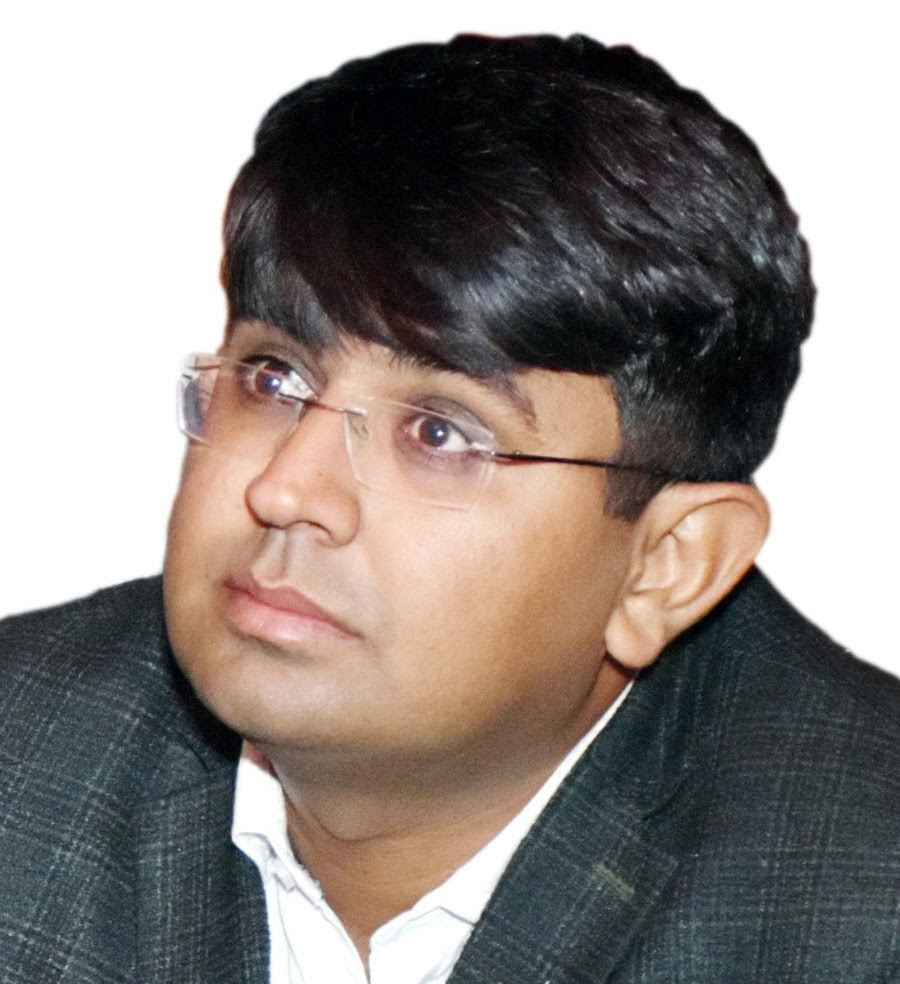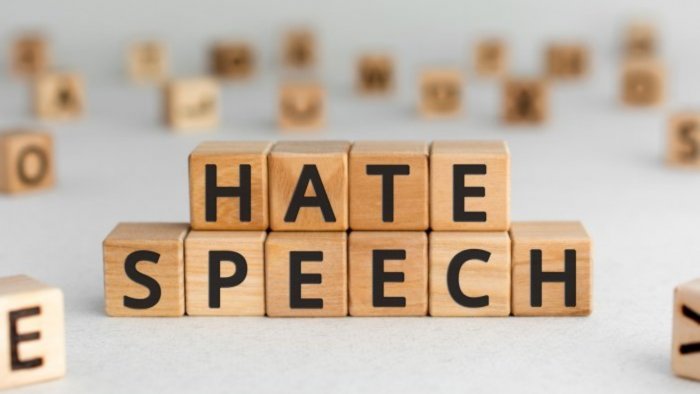Communal agents often use hate speech to polarize people in the name of religion for electoral gains. Due to communal hate speeches, India has witnessed several riots
 Satywan Saurabh
Satywan Saurabh

Communal agents often use hate speech to polarize people in the name of religion for electoral gains. Due to communal hate speeches, India has witnessed several riots. The range and anonymity of social media platforms make them vulnerable to abuse. Fake news on online platforms gives rise to increasing incidents of rumor-mongering and hate speech. In 2020, the conviction rate in hate speech cases was 20.4%. Due to this, it is known that cases are registered but punishment is not given, due to which the feeling of fear does not flourish inside the people, and in this way, social harmony and the fabric of the society are being played with.
Hate speech refers to offensive speech targeting a group, or an individual, based on inherent characteristics such as caste, religion, or gender, which may threaten social peace. According to the National Crime Records Bureau, there has been a six-fold increase in hate speech crimes between 2014 and 2020 in the country. The Supreme Court has repeatedly reiterated that there is no scope for naming hate crimes. In a secular country like India, religion is the primary duty of the state to protect its citizens from such crimes.
A single statement becomes hate speech for someone and freedom of speech for someone. The right to freedom of expression remains entangled in this confusion. Many laws related to freedom of speech exist in our country and there is a ban on statements that disturb unity and peace. Both the use and misuse of these laws continue to be discussed. Disseminating any such thing, act, or sentiment, whether spoken, written, or through visual means, which is likely to incite violence, hurt religious sentiments, or cause enmity between any group or community on grounds of religion, race, place of birth or language Yes, it comes under hate speech.
Amidst the noise of tolerance and intolerance, this matter becomes more important because at the root of the problem is whether the public and the leaders can tolerate someone’s point or not. Can violence erupt if someone’s words are not tolerated, that’s why it is necessary to control the statements by punishing them through law. Or everyone has the freedom to speak their mind, in this sense, there should be no restriction of the law. Unfair practices in society generate discriminatory institutions, structures, and norms, which validate and perpetuate unequal social relations.
This leads some people to consider others as inferior and less worthy of respect. Communal agents often use hate speech to polarize people in the name of religion for electoral gains. Due to communal hate speeches, India has witnessed several riots. The range and anonymity of social media platforms make them vulnerable to abuse. Fake news on online platforms gives rise to increasing incidents of rumor-mongering and hate speech.
Victims rarely report incidents to the authorities for fear of reprisal or not being taken seriously. Even when cases are reported, the purpose is defeated due to a lack of timely action by the authorities. In India, sections 153 and 505 of the Indian Penal Code are the main provisions that deal with hate speech and expressions that seek to punish ‘hate speech’. The absence of a separate law to deal with hate speech has led to the misuse of existing loopholes. In 2017, the committee submitted a report recommending stricter laws to curb online hate speech.
Each state should have a state cybercrime coordinator, who should be an officer not below the rank of Inspector General of Police. Are. There should be a District Cyber Crime Cell in each district. It proposed imprisonment of up to two years with a fine of ₹5,000. Implementation of the Law Commission’s recommendations: The Law Commission in its 267th report made new provisions under section 505 of the IPC on ‘prohibiting incitement to hatred and fear, alarm or violence in certain cases under section 153(B) of the IPC. Suggested amendments to the Indian Penal Code by adding provisions.

कवि,स्वतंत्र पत्रकार एवं स्तंभकार, आकाशवाणी एवं टीवी पेनालिस्ट,
333, परी वाटिका, कौशल्या भवन, बड़वा (सिवानी) भिवानी, हरियाणा – 127045
मोबाइल :9466526148,01255281381
It is a better way to solve the problem of hate speech through dialogue, mediation, and arbitration. The education system in India can help foster tolerance, compassion, and respect for others. People should be made aware of diversity, the importance of a pluralistic society, and its contribution to the unity of India. The emergence of social media has created multiple platforms for the creation, packaging, and dissemination of hate speech. The Supreme Court has also expressed concern regarding hate speech on TV debates. Therefore steps should be taken to regulate these mediums.
Hate speech threatens two core principles of democracy – the guarantee of equal dignity for all and the overall public good. There is a need to raise public awareness of the dangers posed by hate speech, the adoption of a code of conduct by the media, self-regulation by private and public institutions, and the importance of respecting pluralism. In 2020, the conviction rate in hate speech cases was 20.4%. Due to this, it is known that cases are registered but punishment is not given, due to which the feeling of fear does not flourish inside the people and in this way social harmony and the fabric of the society are being played with.



